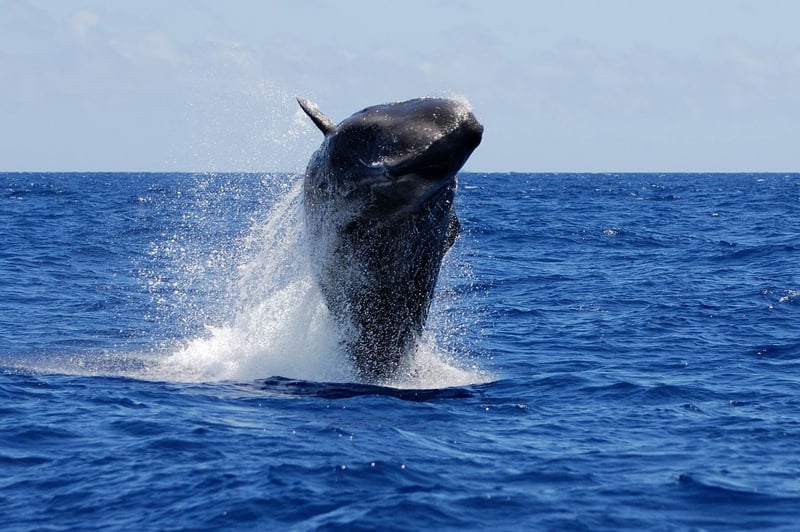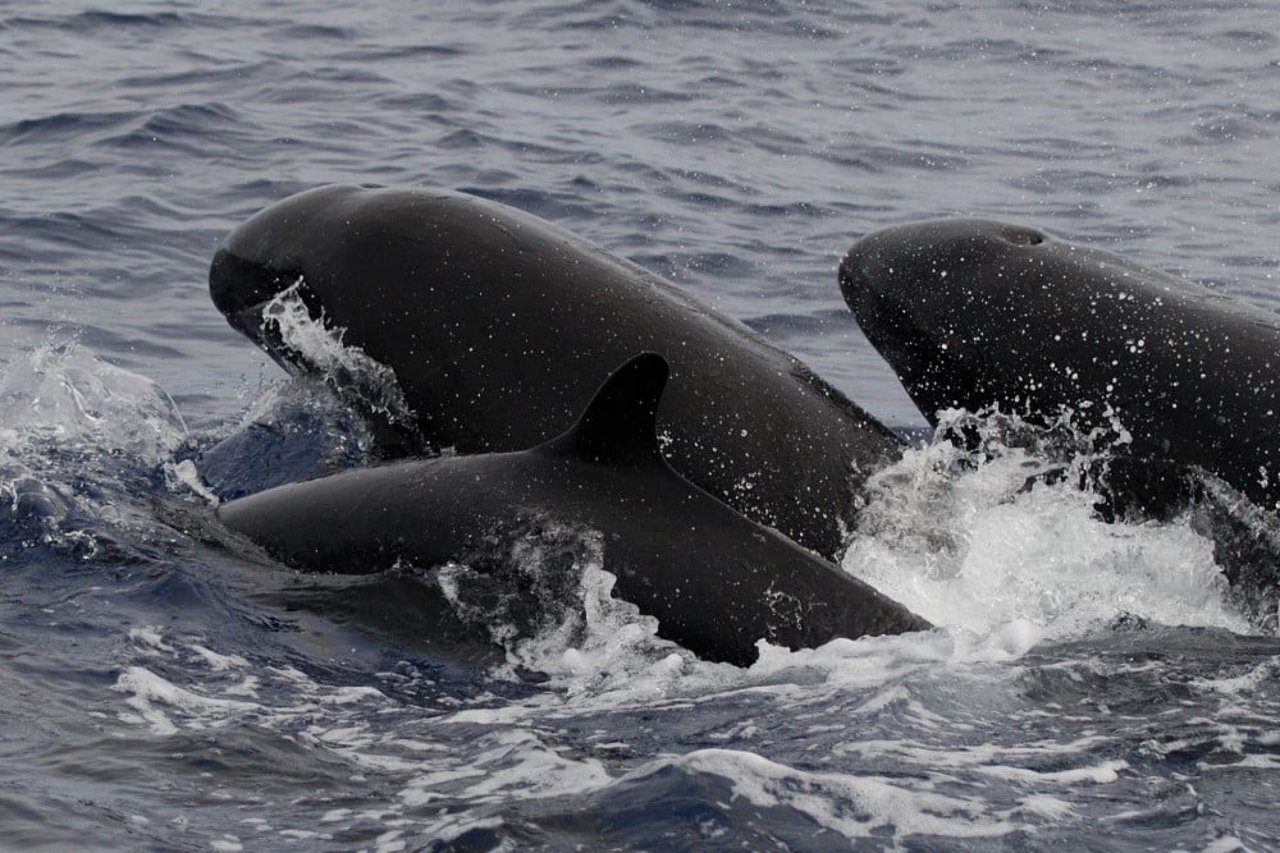
The Azores: Europe’s second fully certified Whale Heritage Site
News
The Azores has recently been granted a whale-friendly status, making it the second fully certified site in Europe.
As one of the most diverse habitats of dolphins and whales, you can look forward to seeing as many as 28 different species of dolphins and other whales in the waters around the Azores.
Species such as sperm whales and Risso’s dolphins can be sighted all year round, while other species like the Atlantic spotted dolphins and blue whales, who are seasonal or migratory visitors, can be seen during different times of the year.
Thank you for helping our ongoing efforts to support this global accreditation scheme. The Whale Heritage Site programme is an initiative created by the World Cetacean Alliance and run in partnership with World Animal Protection to aid ocean and marine conservation.
From whaling to whale watching
For an area to be certified as a Whale Heritage Site, the local community is required to respect and protect whales, dolphins, sea turtles in their natural habitats.
The Azorean community has evolved from one that hunted sperm whales to the contemporary model of ethically responsible whale watching and efforts to conserve the many different species in the area.
All the nine islands here are said to have a strong cultural connection to whales, and the archipelago has also received numerous awards over the years for being a sustainable tourist destination.
A better way to experience whales
For the travel industry and tourists, Whale Heritage Sites provide a clear marker to help identify sustainable practices and engage with local communities with marine culture, heritage and biodiversity.
The five other Whale Heritage Sites you can visit are:
- Tenerife-La Gomera in southwest Tenerife
- Hervey Bay in Australia
- Dana Point in California, USA
- Bluff in Durban, South Africa
- Algoa Bay in South Africa
Two sites close to home that are on their journey to becoming Whale Heritage Sites:
- Marlborough Sounds in New Zealand
- The Whitsundays in Australia
Together we can keep wild animals thriving where they belong – in their natural habitats.
Whale Heritage Sites provide a clear marker to help identify sustainable practices and engage with local communities with marine culture, heritage and biodiversity.
